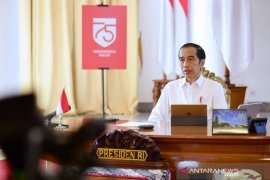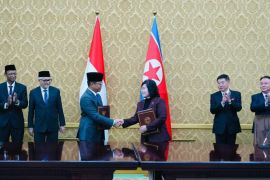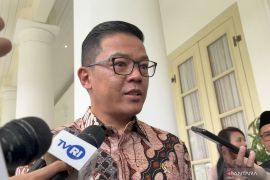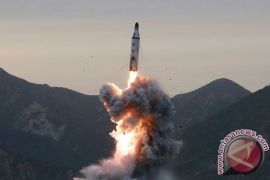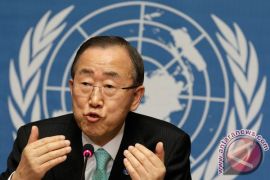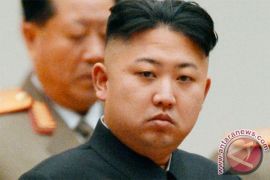The 15-member council unanimously adopted a resolution to slash North Koreas biggest export, coal, by about 60 percent with an annual sales cap of $400.9 million or 7.5 million metric tonnes, whichever is lower.
The resolution also bans copper, nickel, silver and zinc exports and the sale of statues by Pyongyang.
North Korea has been under U.N. sanctions since 2006 over its nuclear and missile tests. It conducted its latest nuclear test on Sept. 9, and the United States and China, a North Korea ally, spent more than two months negotiating new sanctions before recently sharing the proposal with the rest of the council.
"Sanctions are only as effective as their implementation," U.N. Secretary-General Ban Ki-moon told the Security Council after the vote. "It is incumbent on all member states of the United Nations to make every effort to ensure that these sanctions are fully implemented."
China, believed to be the only country that buys North Korean coal, would slash its imports by some $700 million
compared with 2015 sales under the new sanctions, diplomats said.
Over the first 10 months of 2016, China imported 18.6 million tonnes of coal from North Korea, up almost 13 percent from a year earlier. North Korean exports to the end of 2016 will now be capped at $53.5 million, or 1 million metric tonnes.
Banning North Korean exports of copper, nickel, silver and zinc would slash about $100 million in revenue, while
prohibiting the sale of statues, mainly to African countries, cuts tens of millions of dollars, diplomats said.
The Security Council blacklisted 11 more individuals, including people who have been ambassadors to Egypt and Myanmar, and 10 entities, subjecting them to a global travel ban and asset freeze for their role in the North Koreas nuclear and ballistic missile programs.(*)
Editor: Heru Purwanto
Copyright © ANTARA 2016

